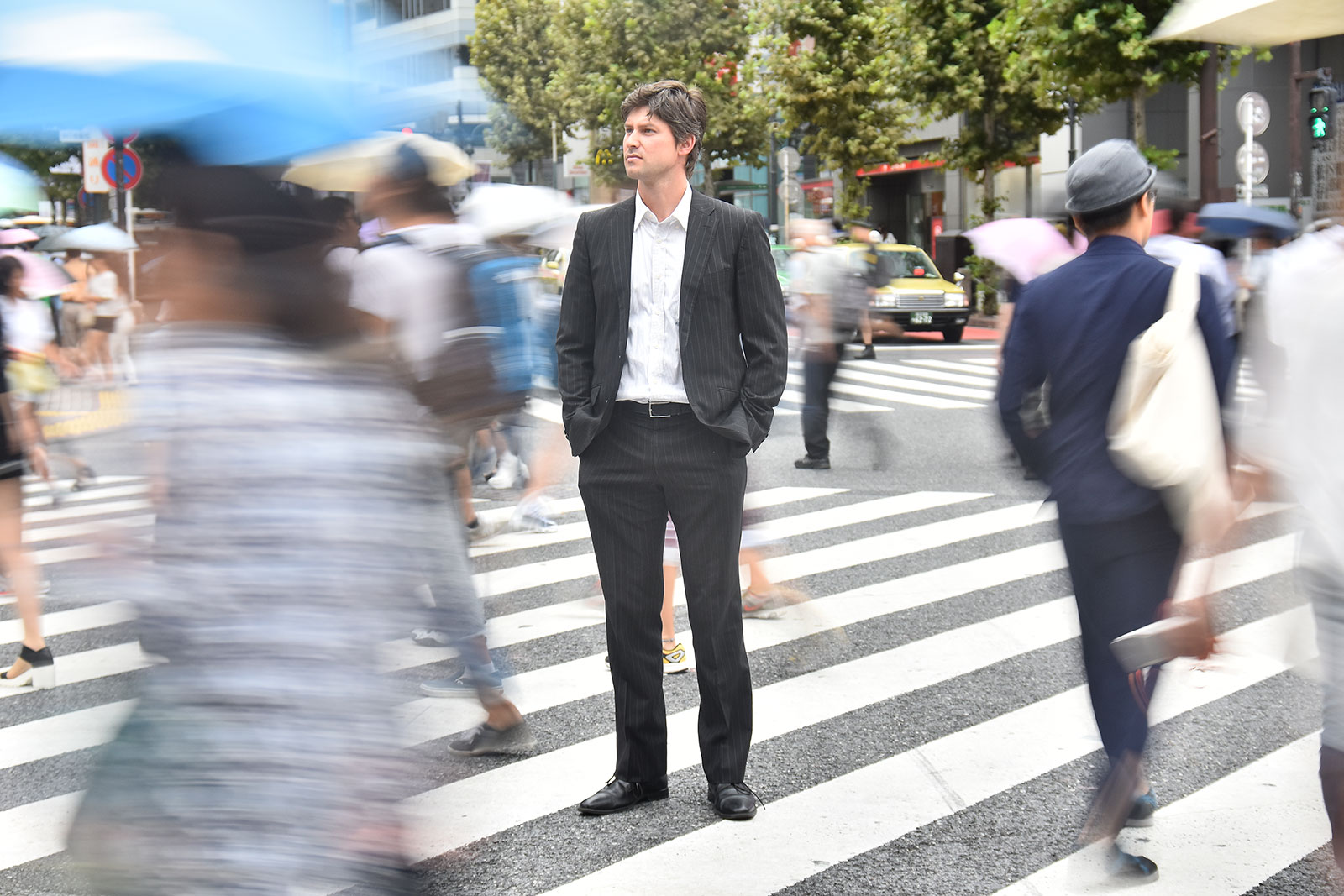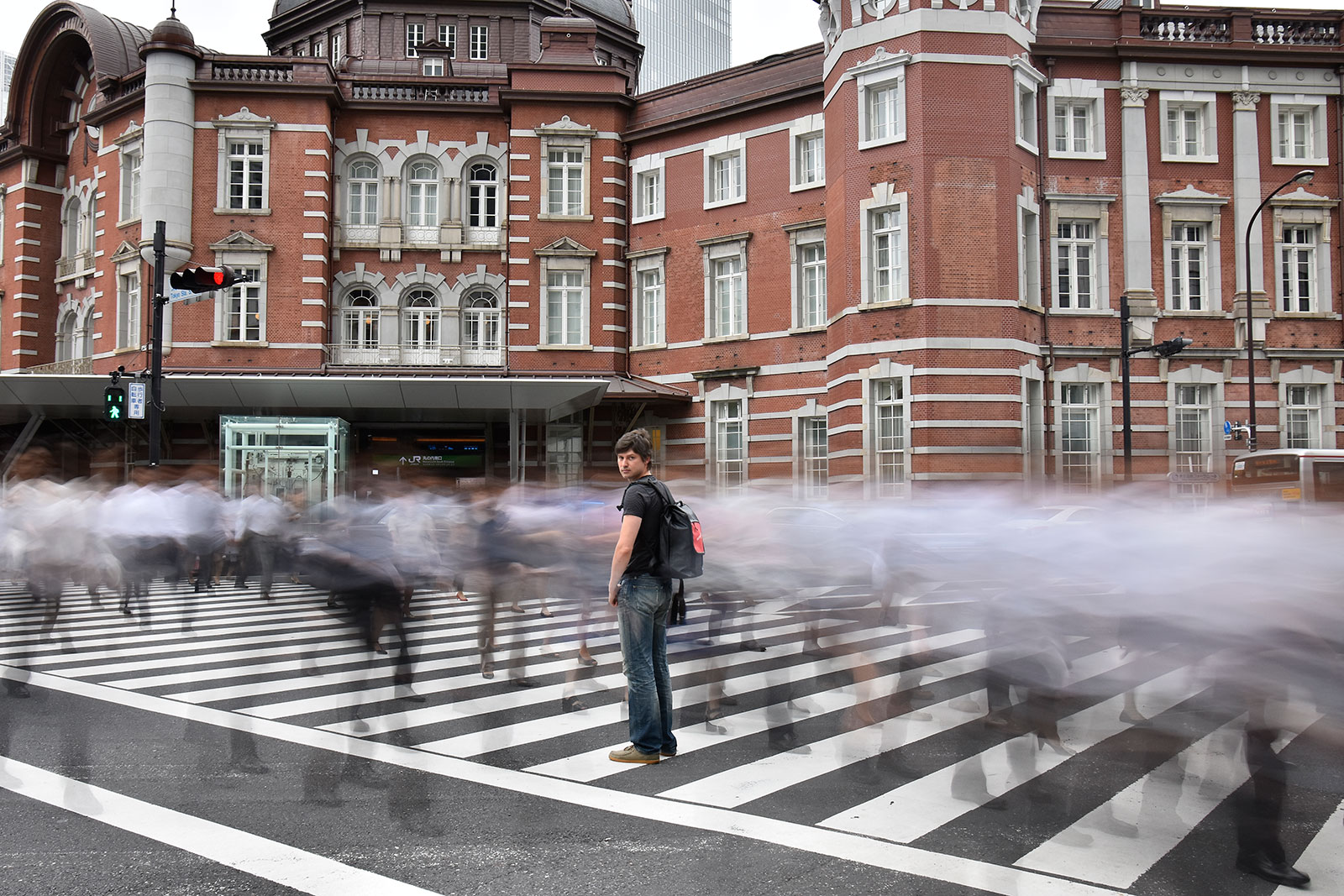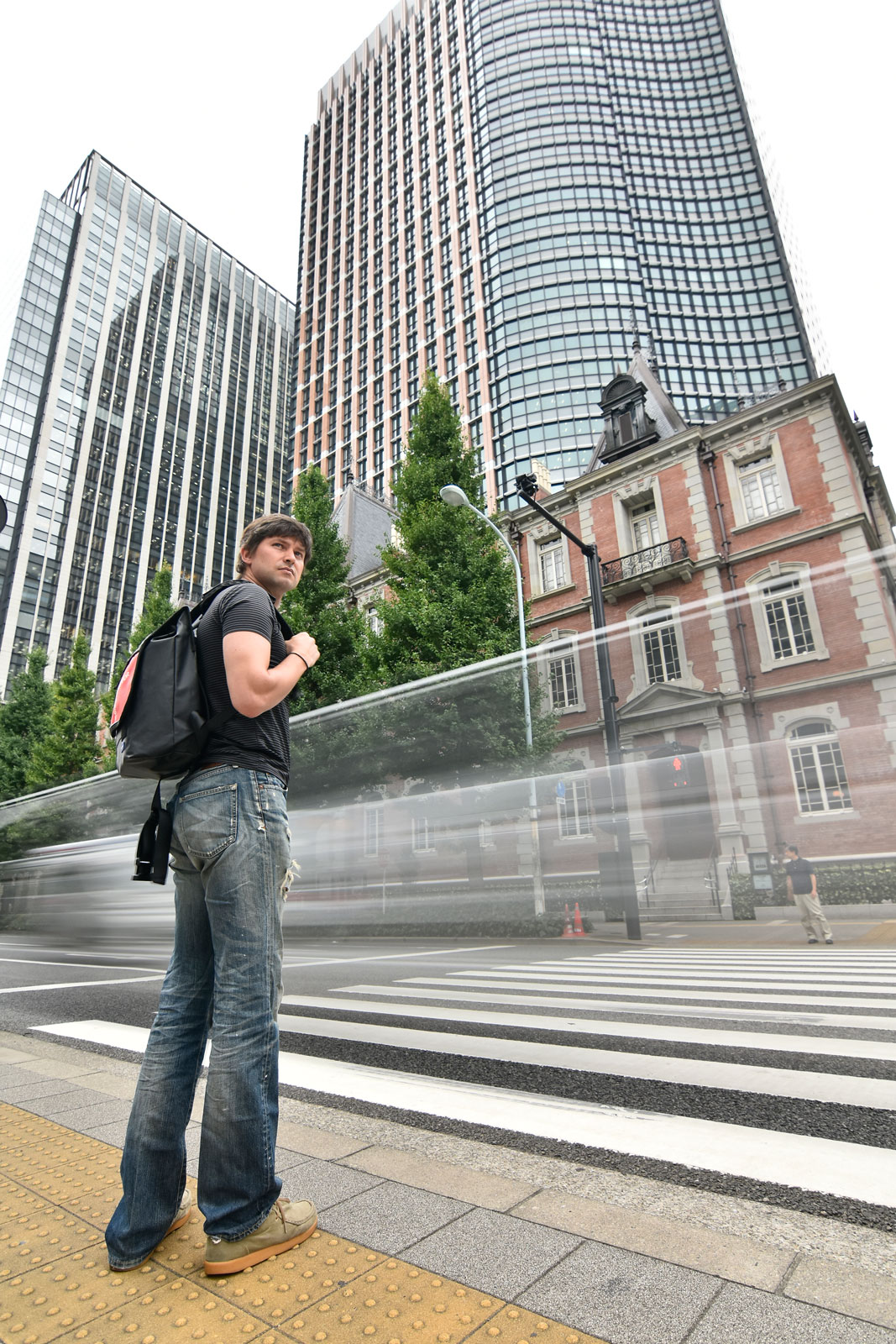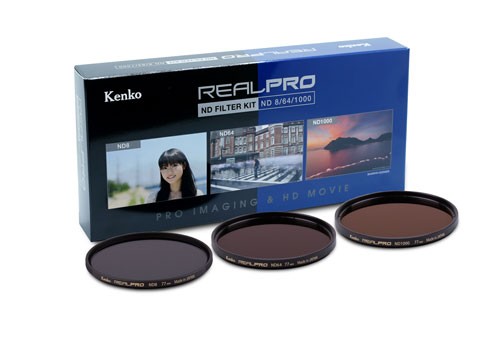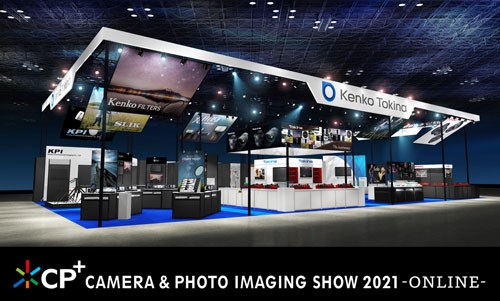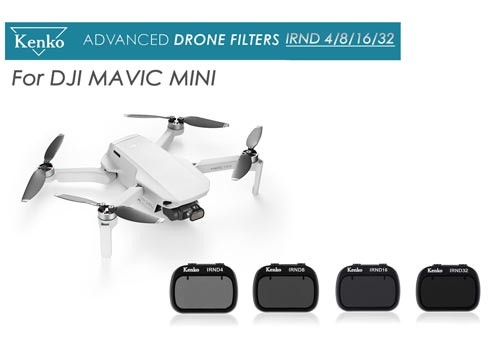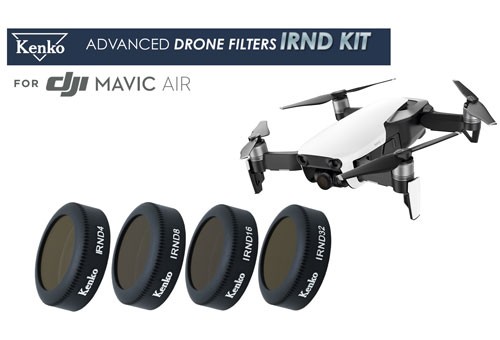ND filter decreases the amount of light entering the camera lens. This allows to shoot with wide open diaphragm even in shiny day, to add motion blur to subjects and to extend time exposures.
Neutral Density filters are the most commonly used along with C-PL and UV filters. These filters, instead of the ones that protect the lens from damage or UV pollution, were created to decrease the volume of the light entering the lens. True ND filters decrease light equally to achieve the same density through the all visual spectrum giving no changes in color balance of the image. That is why the called Neutral Density.
Why ND filter is important
We have already entered the era of super high sensitivity, super high resolution photographic equipment. Obviously, the power of this huge sensor can easily be affected by lenses and other optical accessories that are located right on the path of the light entering the camera. In other words, the filter quality serves as the front "gate" for the light to enter and is of the utmost importance.
In particular, ND filters have become a must for high sensitivity cameras with ISO settings that starts from 200 or 100. This is the reason that ND filters currently garner a high level of attention and have strict quality requirements. Professional photographers requires ND filters that decrease light volume in the most natural and harmless way.
When to use ND 32/64/100/200 filters
Kenko REALPRO ND 32/64/100/200 presents neutral density filters of the highest quality that are designed to be used with the latest DSLR high sensitivity cameras that will allow photographers to realize photos with the shallow depth of field achieved with a wide open aperture during sunny days or with objects that are relatively blurred. Kenko REALPRO ND 32/64/100/200 filters are recommended for use with landscapes, city snapshots, video, and nature genres during sunny days while using a wide open diaphragm to prevent overexposure and achieve a shallow depth of field when it is necessary to separate foreground objects from the background. For landscape photography the use of a ND32 (or higher) density filter is advised, although your choice depends on your personal purposes and work goals.
| ND NUMBER | F-STOP REDUCTION | % TRANSMITTANCE |
| 4 | 2 | 25.00 |
| 8 | 3 | 12.50 |
| 16 | 4 | 6.250 |
| 32 | 5 | 3.125 |
| 64 | 6 | 1.563 |
| 100 | 6 2/3 | 1.000 |
| 200 | 7 2/3 | 0.500 |
| 500 | 9 | 0.200 |
| 1000 | 10 | 0.100 |
The example of city snap showing the possibility of wide open diaphragm shooting with fine bokeh during shiny day aiming to separate foreground object from background combining surrounding objects in blur motion. This effect can be hardly achieve without ND filter.
ND Vacuum Deposition Technology
To achieve the best neutrality in the world Kenko REALPRO ND filters adopts ND Vacuum Deposition Technology. According to this technology, neutral density is realized by ND substance that coated in the steam oven equally spreading over the filter glass surface.
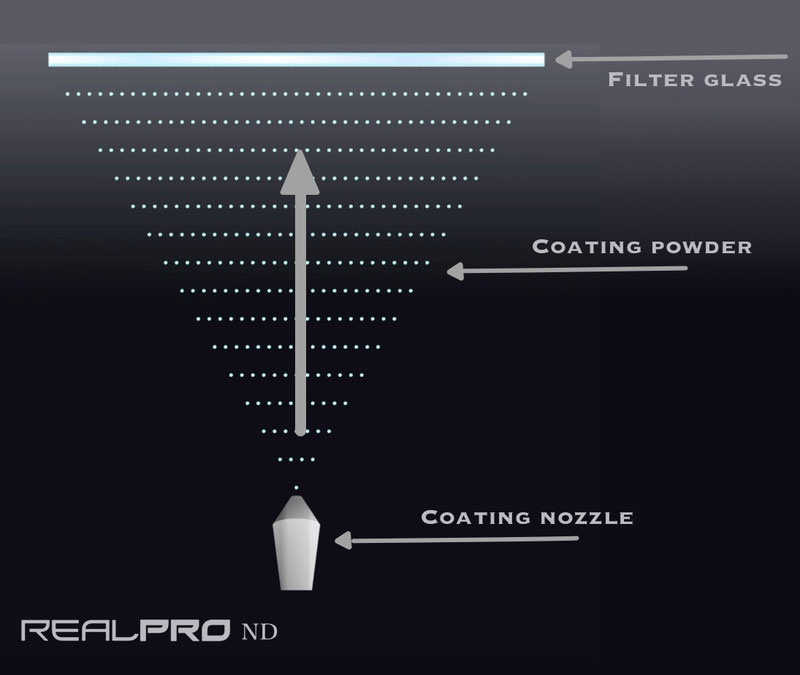 |
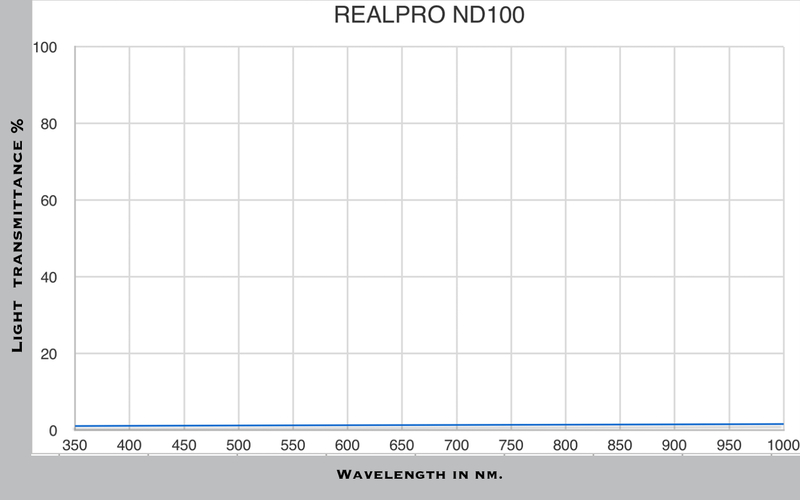 |
As a result, compared with other brand ND filters, Kenko REALPRO ND perform excellent neutrality through all visual light spectrum ensuring stable color balance of the image (ND100 as example).
IR pollution
ND Vacuum Deposition Technology also offers the solution to the problem of IR pollution that is also can be a reason for concern among photographers. During the sunny day with a lot of IR light in the atmosphere long shutter speed shooting may bring color changes of black, green or dark objects what can be seen with brown or reddish tint. Thanks to exhaustive efforts of Kenko engineers ND Vacuum Deposition Technology underwent incredible progress in neutrality, desirable light transmittance and IR controlling performance.
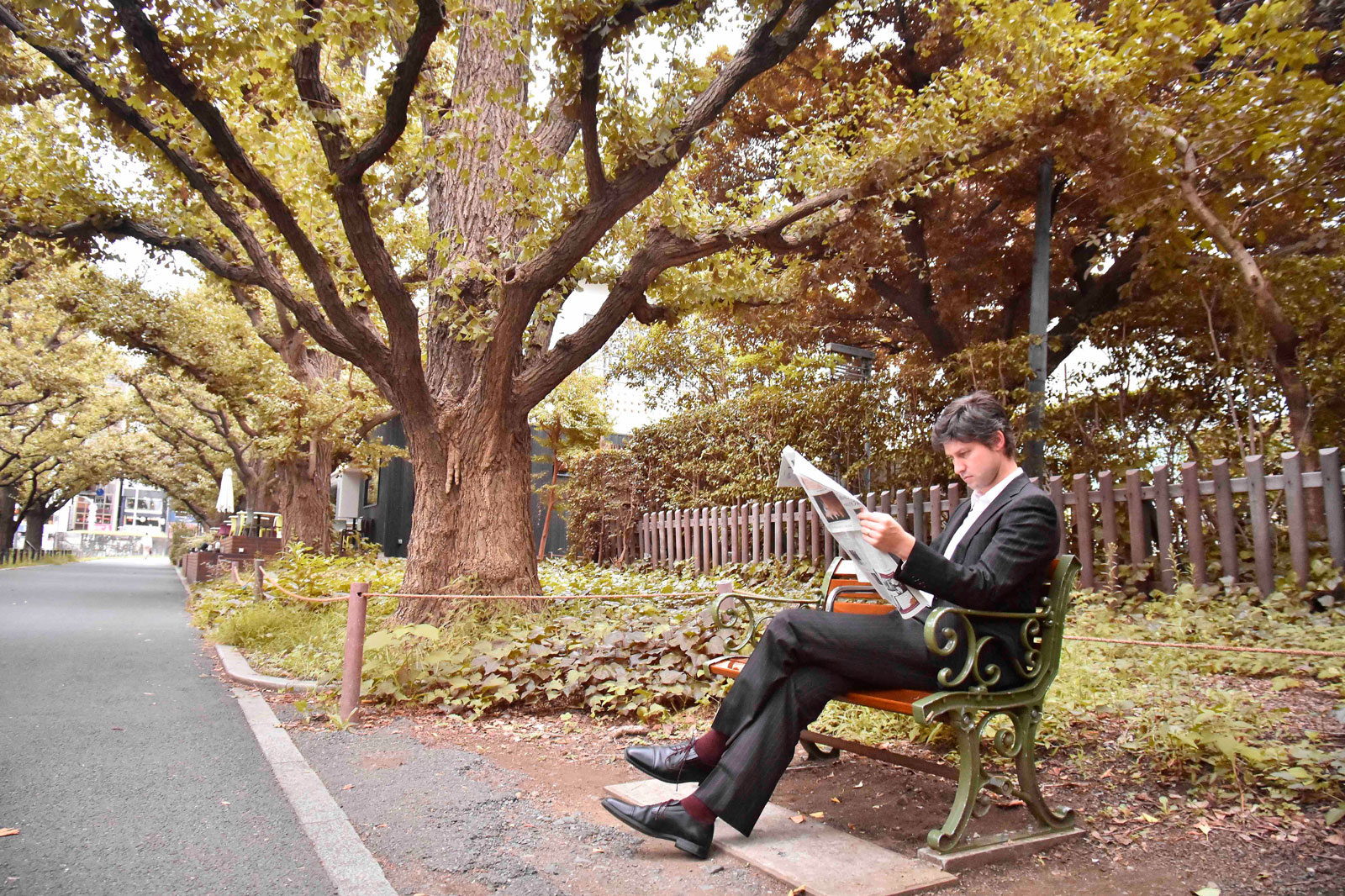 |
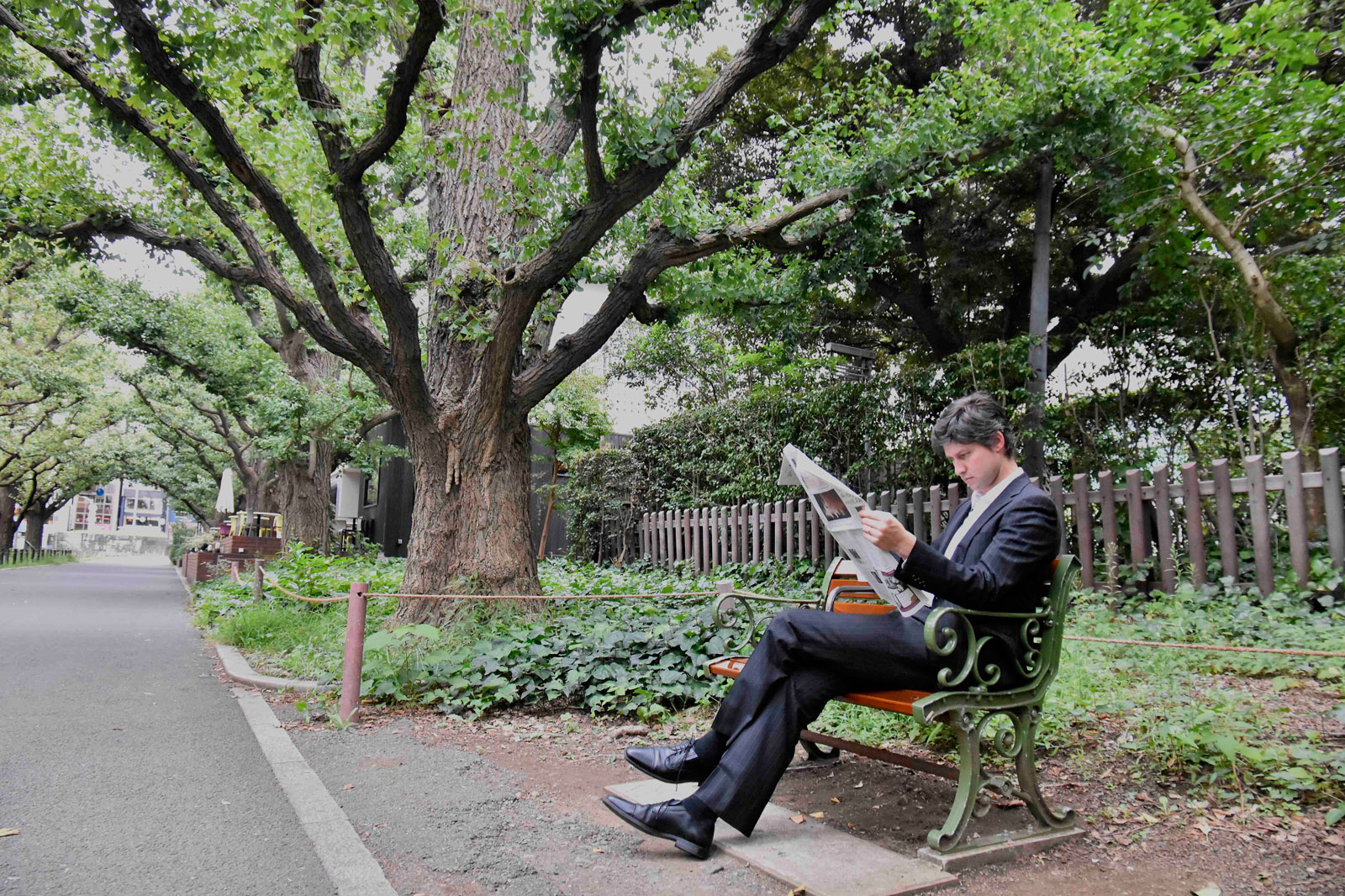 |
These two shots show the example of IR contamination when black objects like black suit and socks obtain brown reddish tint while leaves and trees became yellowish.
Anti-Reflection multi coating
Usually sensors of digital cameras are more sensitive than film. That's why highlights can affect the image, creating unwanted effects due to light refraction in the lens. Filters, as they are also optical elements, can make the situation even worth. That is why filters need anti-reflective coating. Kenko REALPRO ND filters adopts anti-reflective multi coating to eliminate even small chance of unwanted flares and ghosts in the image.
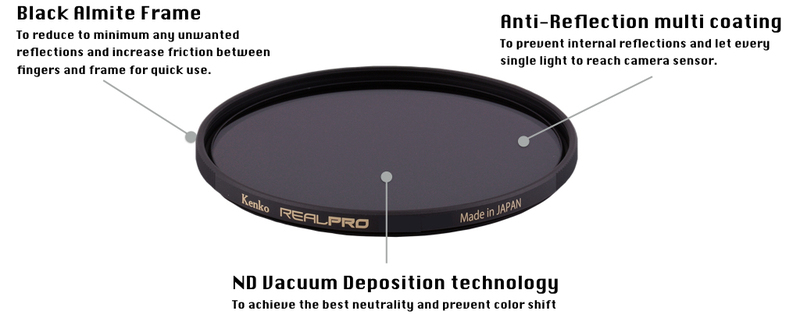
Black Almite Frame
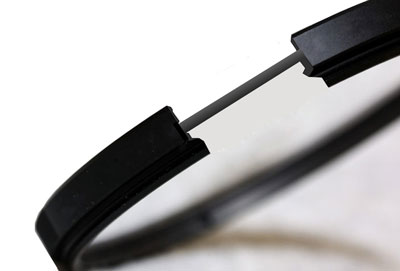 To reduce to minimum any unwanted reflections REALPRO ND filters adopt black aluminum satin finish almite frame. Satin finish will increase friction between fingers and frame for quick operation and satin black frame will minimize internal reflections.
To reduce to minimum any unwanted reflections REALPRO ND filters adopt black aluminum satin finish almite frame. Satin finish will increase friction between fingers and frame for quick operation and satin black frame will minimize internal reflections.
Wide Variety of Sizes
REALPRO ND filters are available in diameters from 49mm to 82mm.
UV Protected Case
| Every REALPRO filter comes with durable re-usable plastic case with UV-cut function. Since the polarization film is sensitive to UV light REALPRO case will lengthen life of the filter. | 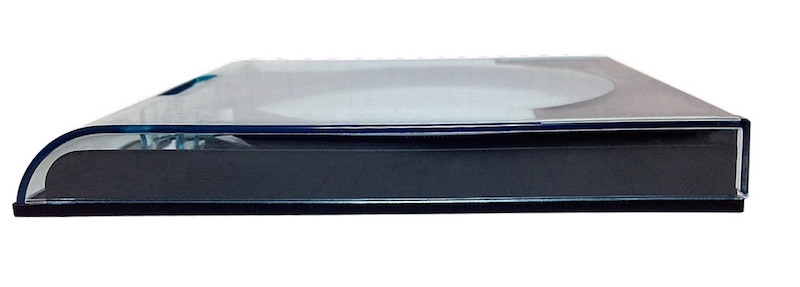 |
General care and handling of the photographic filter
- Use filter carefully and always keep it clean. When cleaning use cleaning tissue or cleaning cloth. But before that remove as much dust and dirt as possible from the lens with a blower or brush.
- Avoid unnecessary cleaning of your filter.
- Filter is made of glass. When it is broken glass fragments may injure.
- Do not disassemble filter by yourself.
- When the filter is not attached to the lens, store it away from sharp objects. They may damage the filter glass.
- Keep filter away from children.
- Keep filters in plastic hard-sided case or filter pouch.
- Keep filters dry and away from direct sun light.
- Avoid storage in high humidity environment. Moisture drops due to the high humidity or dew on the filter can burn the coating and create traces on the glass surface that can be hardly wiped off.


